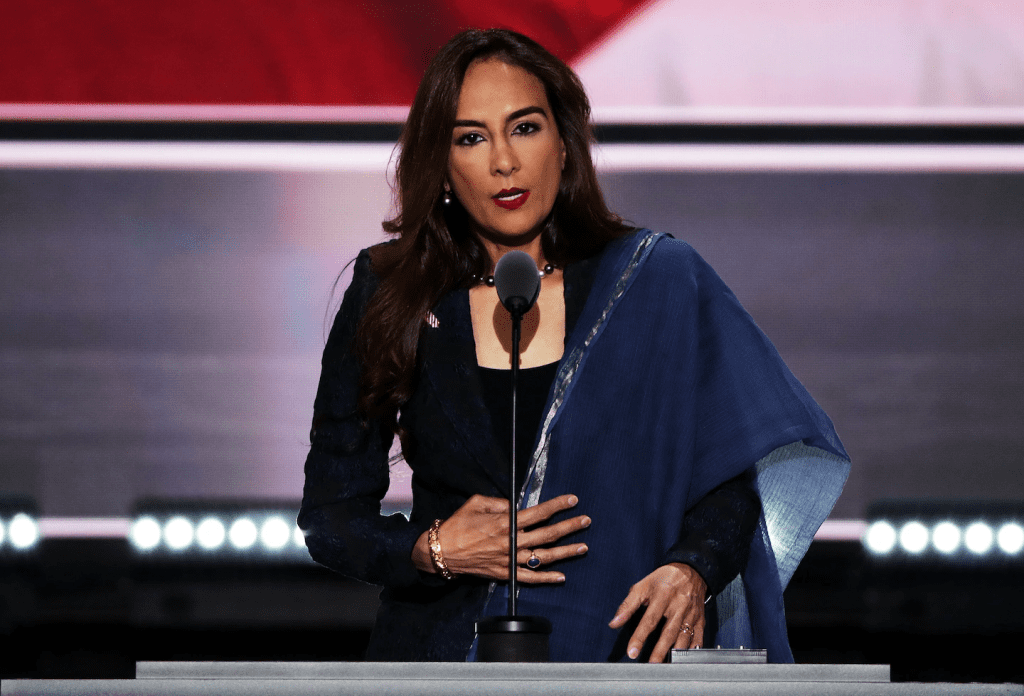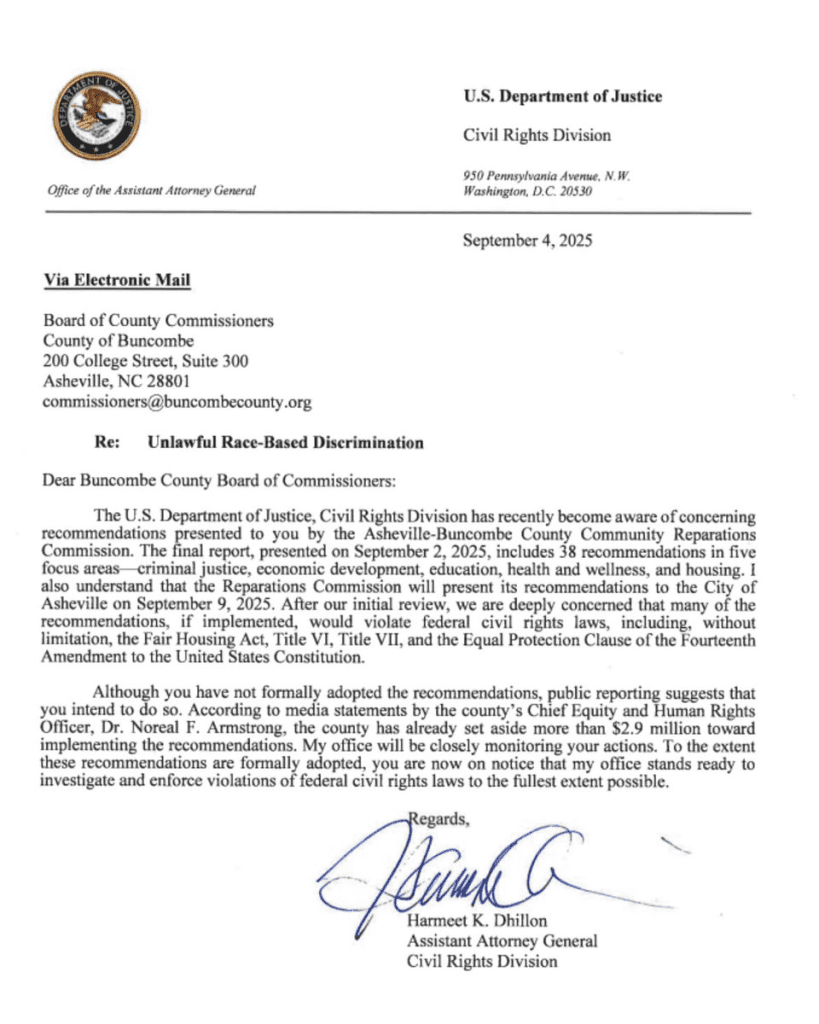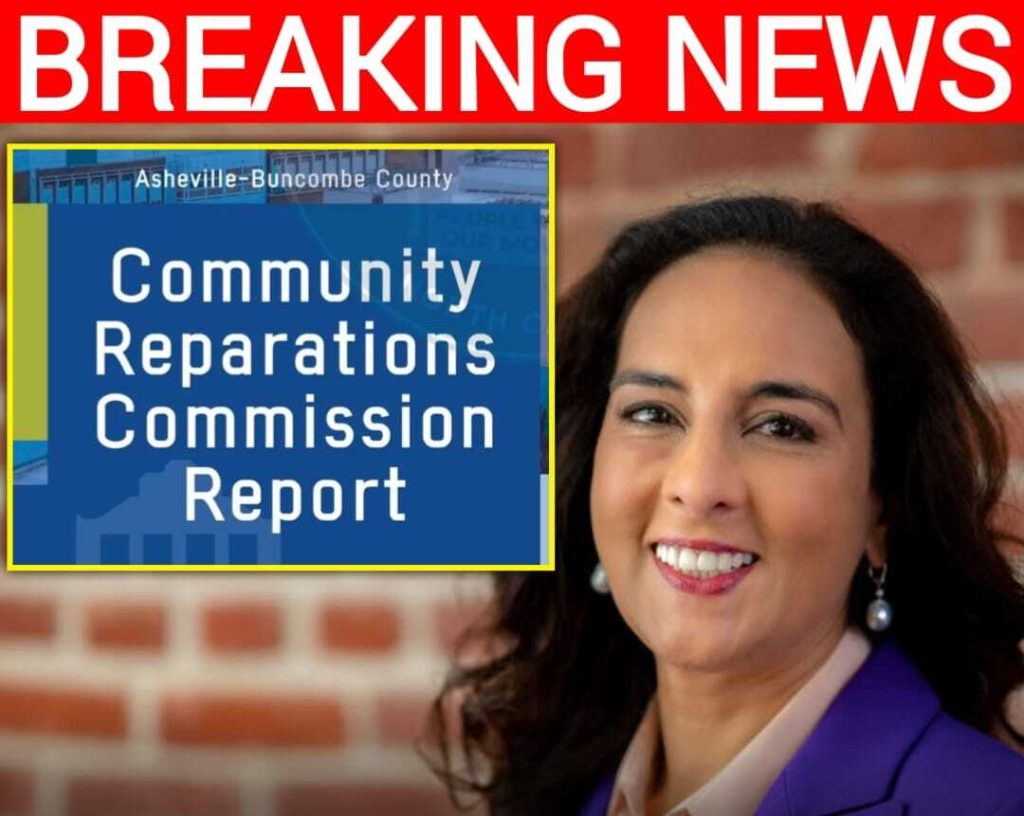Asheville, North Carolina Abandons Race-Based Reparations Program After Harmeet Dhillon’s DOJ Letter Cites Constitutional Violations — A Major Win for Trump-Era Equal Rights Enforcement
Asheville, North Carolina has officially pulled back its controversial reparations plan after a warning letter from the U.S. Department of Justice raised serious constitutional concerns. The proposal, which sought to fund race-specific benefits for Black residents — including free childcare, housing subsidies, and additional pay for city employees — has now been quietly dropped from upcoming city and county meeting agendas, effectively killing the measure before implementation.

The decision follows a detailed September 4 letter from Assistant Attorney General Harmeet Dhillon, who heads the DOJ’s Civil Rights Division under the Trump administration. In the letter, Dhillon cautioned Asheville’s city and county governments that the plan’s 38 race-exclusive measures likely violated the Equal Protection Clause of the Fourteenth Amendment and potentially the Fair Housing Act. She stated that while addressing historic inequality is a valid goal, “the use of explicit racial classifications in government policy is unlawful under federal civil rights law and Supreme Court precedent.”
The proposed $2.9 million reparations fund had been hailed by progressive groups as one of the most ambitious local equity programs in the country. It included benefits such as free public transportation for Black pregnant women, small business grants reserved for Black applicants, and “priority hiring with compensation bonuses” for Black residents. But following the DOJ’s intervention, the city council has removed the item entirely from its October and November agendas, and local officials have not issued a timeline for revisiting it.

This reversal represents a rare federal pushback against local reparations efforts, which have expanded in recent years across states like California and Illinois. Critics of Asheville’s plan argued that it was unconstitutional and divisive, creating new forms of racial preference in the name of justice. Conservative commentators — and particularly supporters of former President Trump’s legal framework — praised Dhillon’s firm stance, calling it a “restoration of equal treatment under the law.”

Political strategist Matt VanSwol, who first shared the DOJ letter on X, said the withdrawal was “a direct result of Harmeet Dhillon and the Trump Justice Department refusing to let activist bureaucrats turn racial favoritism into law.” Online reactions echoed that sentiment, with conservative voices celebrating the move as a defining moment in the rollback of what they call “race-based governance.”
Progressive groups, meanwhile, criticized the decision as “federal overreach,” claiming the DOJ is suppressing local autonomy and moral responsibility. Yet polls show that public opinion is shifting against government-mandated reparations programs — particularly after the Supreme Court’s 2023 decision dismantling affirmative action in higher education, a ruling that set a new precedent against race-based decision-making across multiple sectors.
Legal experts say Dhillon’s move sends a clear message that the Trump administration’s DOJ intends to scrutinize equity and reparations programs nationwide. Constitutional scholars note that the letter aligns with recent rulings emphasizing “individual equality over group identity.” It also signals that race-based reparations programs — even at the municipal level — may now face aggressive federal oversight or litigation.

Asheville’s retreat comes at a time when cities across America are weighing similar initiatives, but the chilling effect from this case is already apparent. For critics, this was never about denying history — it was about defending fairness. As Harmeet Dhillon stated in her remarks following the DOJ action, “The Constitution protects all Americans equally. Our laws must reflect that truth — not political fashion.”
In the end, Asheville’s decision is more than a local policy reversal. It’s a political and legal turning point — one that reinforces a defining Trump-era message: equality under the law means no special treatment, for anyone.



